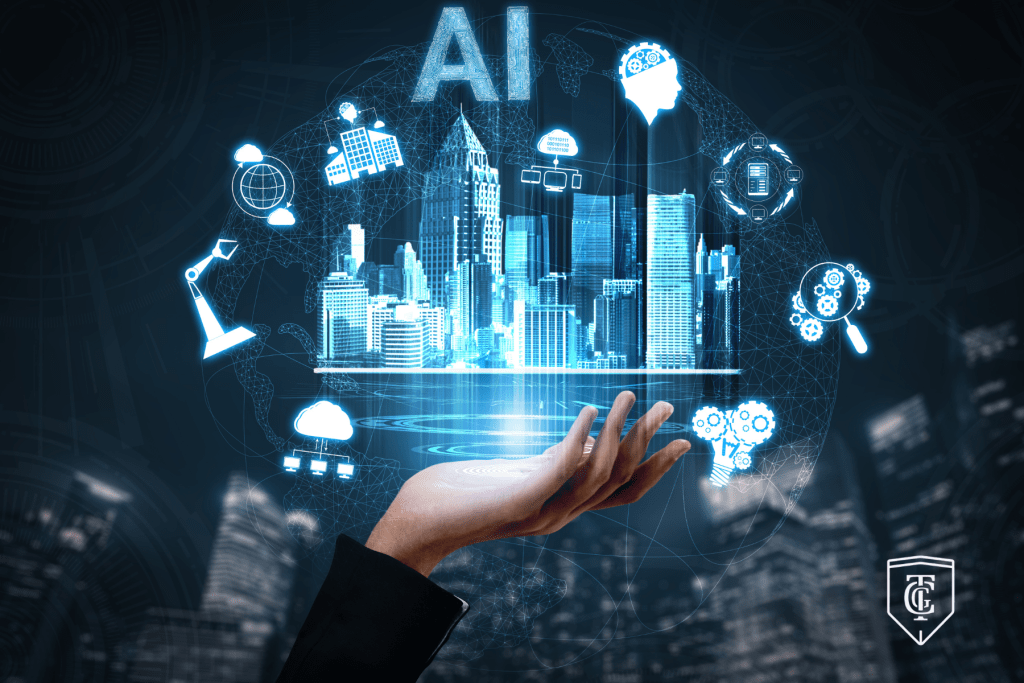
In the world of technology, “complex technology” refers to systems, devices, or software that are characterized by intricate design, advanced engineering, and the integration of multiple components or processes. These technologies often require significant expertise to develop, manage, and maintain. From artificial intelligence to quantum computing, complex technologies are driving innovation across industries, but they also pose unique challenges.
Key Examples of Complex Technology
- Artificial Intelligence (AI) and Machine Learning (ML)
- Overview: AI and ML involve creating algorithms that allow machines to learn from data, improve over time, and make decisions. AI systems can handle tasks that typically require human intelligence, such as speech recognition, image processing, and autonomous driving.
- Complexity: The intricacy of these systems lies in the depth of their neural networks and the vast amounts of data required for training. Ensuring accuracy, fairness, and ethics in AI remains a major challenge.
- Quantum Computing
- Overview: Quantum computing uses the principles of quantum mechanics to process information at incredibly high speeds. Unlike classical computers, which use binary bits (0s and 1s), quantum computers use quantum bits (qubits), which can exist in multiple states simultaneously.
- Complexity: Quantum systems are extremely difficult to control and maintain, with problems like qubit coherence and error correction making the technology highly specialized. The potential for breakthroughs in areas like cryptography and complex simulations is immense, but practical quantum computing is still in its infancy.
- Blockchain Technology
- Overview: Blockchain is a decentralized digital ledger used for recording transactions securely across a network of computers. It is the backbone of cryptocurrencies like Bitcoin and has applications in areas like supply chain management, voting systems, and digital identity.
- Complexity: While the blockchain’s decentralized nature and cryptographic security are powerful, integrating it with existing systems and scaling it for mainstream use remains complex. Issues like energy consumption, network security, and scalability are ongoing challenges.
- Autonomous Vehicles
- Overview: Autonomous vehicles (AVs) are self-driving cars equipped with sensors, machine learning, and real-time data processing systems to navigate roads without human input.
- Complexity: AVs require real-time processing of vast amounts of data from sensors like LIDAR, radar, and cameras. Ensuring safety, regulatory compliance, and ethical decision-making are significant challenges in the development of fully autonomous systems.
- 5G Networks
- Overview: The fifth-generation wireless technology (5G) promises faster internet speeds, lower latency, and greater connectivity. It will power innovations in smart cities, Internet of Things (IoT), and augmented reality (AR).
- Complexity: Building a global 5G network involves deploying thousands of small cell towers and integrating advanced technologies like millimeter waves and beamforming. Managing this infrastructure while ensuring global compatibility is a major technological and logistical challenge.
ALSO READ :- https://virenbrew.com/the-european-extremely-large-telescope-e-elt-redefining-astronomy-with-cutting-edge-technology/
Key Challenges of Complex Technology
- Interoperability: As technology becomes more sophisticated, ensuring that different systems can communicate and work together smoothly is a persistent challenge. Complex technologies often rely on highly specialized software and hardware, which may not be compatible with existing infrastructure.
- Security: The more intricate and interconnected a technology becomes, the more vulnerable it is to cyberattacks. Advanced security measures are necessary to protect against hacking, data breaches, and exploitation.
- Ethics and Regulation: With technologies like AI, autonomous vehicles, and blockchain, there are ethical and regulatory questions that need addressing. Issues such as privacy concerns, bias in algorithms, and regulatory frameworks for new technologies must be tackled to ensure their responsible use.
- Scalability: Scaling up complex technologies to serve a global market often introduces new technical difficulties. Whether it’s ensuring that quantum computers can operate at a larger scale or that 5G networks provide coverage in rural areas, scaling presents unique challenges.
The Future of Complex Technology
The ongoing advancements in complex technology hold immense promise for transforming industries, economies, and societies. The evolution of AI, quantum computing, blockchain, and 5G networks could unlock new possibilities in healthcare, education, finance, and entertainment. However, as we move forward, addressing the technical, ethical, and regulatory challenges will be crucial to ensure that these technologies benefit society as a whole.
Interesting Facts about Complex Technology
- AI’s Potential: AI is expected to add $15.7 trillion to the global economy by 2030, with its applications ranging from healthcare (predicting diseases) to transportation (optimizing traffic).
- Quantum Computing: A quantum computer could solve in seconds problems that would take classical computers thousands of years to process, potentially revolutionizing fields like cryptography.
- 5G Speed: 5G networks can transmit data up to 100 times faster than 4G, allowing for real-time streaming of high-definition content and ultra-low-latency communication.
In summary, while complex technologies are reshaping the world, they require immense innovation, regulation, and careful management to ensure that their benefits are realized without compromising security, ethics, or societal well-being.
Follow us on INSTAGRAM – https://www.instagram.com/virenbrew/
Follow us on TWITTER (X) – https://x.com/VIRENbrew
Follow us on LINKEDIN – https://linkedin.com/in/viren-brew-230415328/
Follow us on FACEBOOK – https://www.facebook.com/profile.php?id=61565127137999
Follow us on YOUTUBE – https://www.youtube.com/@VIRENbrew

No responses yet